The Lesont Group trades, FMCG, Pharmaceuticals, Cosmetics, Beers Wines and Spirits, Agri-commodities and Vehicles.
FMCG stands for Fast Moving Consumer Goods. There are usually categorised as Beverages, Confectionary, Household Products, Laundry, Personal Care, Female Care, Oral Care, Cosmetics, Pharmaceuticals, Beers, Wines, Spirits and Pet Food.
Nestle, Unilever, P&G, Mondalez, MARS, Kelloggs, Pepsico, Coca Cola.
J&J, Roche, Bayer, Abbott, Merck, Pfizer, GSK.
Loreal, Estee Lauder, Coty, Sheseido, J&J.
ABinBev, Diageo, Heineken, Pernod Ricard, Asahi.
Johnnie Walker, Chivas Regal, Absolut, Smirnoff, Gordon’s Gin, Barcadi, Henessey, Martell, Remy Martin, Moet & Chandon, Dom Perignon.
Agri-commodities are split into 2 different categories, soft commodities a term used to encompass commodities that are grown as opposed to hard commodities that are mined or extracted.
Hard commodities are split into various categories like grains, oilseeds, edible oils and fertilisers.
Grains Trading
Grains trading covers both food and feed grade grain. They form an extremely important part of everyday life as an essential source of carbohydrates and include corn, wheat, oats, barley, and flax. There are also speciality grain products which fall into this category such as edible beans, pulses, lentils, and chickpeas.
Oilseeds Trading
Oilseeds are good sources of protein as well as containing essential nutrients and fatty acids. They can be processed into a range of different products from animal feed and edible oils to products with industrial uses such as in varnishes and paints. Soybean is by far the most traded of the oilseeds but other oil producing crops include sunflower, hemp, and rapeseed.
Edible Oils/Biodiesel Trading
Edible oils are oils produced for human consumption, manufactured wholly or in part from a fat or oil other than milk. Oilseeds are crushed to extract the oil which is then refined as sold, usually as a cooking oil or as an ingredient in many food products. Some varieties of oil such as palm and sunflower can also be used as biodiesel (biofuel).
Fertiliser Trading
Fertilisers are used globally to increase crop yields, maintain soil fertility and improve crop development. They are either solid, liquid or gaseous in form and contain minerals and nutrients to improve crop production. Fertiliser trading includes fertilisers which are natural (organic), such as manure and plant residue, and synthetic (inorganic), such as nitrogen, phosphorous and potassium compounds.
Soft commodities are split into various categories like coffee, cocoa, sugar, cotton, dairy, rubber, fruit, meat and fish trading.
Coffee Trading
Coffee is a major export commodity it is one of the most traded soft commodities in the world. In value, it is the largest export in the world second only to oil. Coffee requires a subtropical climate to grow, typically within 1,000 miles of the equator. Of the world’s coffee exports, 30% is produced in Brazil. The most traded types of coffee are Arabica, Robusta and green (milled beans).
Cocoa (Cacao) Trading
Cocoa is grown in humid, tropical climates, in a zone 20° to the north and south of the equator. The main producers are located in West Africa, Indonesia, Brazil, Nigeria, and Ecuador. Cacao beans grown are typically one of the three major varieties, Forastero, Criollo or Trinitario.
Sugar Trading
Sugar is produced from processing sugar cane or sugar beets. Sugar cane grows best in tropical areas whereas sugar beet is produced in temperate zones. Of sugar cane, Brazil is largest producer and exporter in the world. White sugar (refined sugar) is the purified form of sugar.
Cotton Trading
Cotton is a soft commodity in high demand for its use in clothing and other textile products. Trading is focused on the integrated origination and distribution of all grades and varieties of cotton, including short staple, upland, long staple and pima cottons.
Dairy Trading
Dairy includes cheese and milk products. Dairy encompasses types of food produced from or containing the milk of animals, principally from cattle and but also includes sheep, water buffaloes and camels. Dairy products include food items like milk powders, yogurt, cheese, and butter.
Rubber Trading
Most natural rubber is used in applications such as tyres and tubes for automobiles but is used extensively in many products for its resilience, large stretch ratio and waterproof qualities. Rubber is harvested in the form of latex from rubber trees, principally the hevea basiliensis variety, before being refined in to rubber.
Fruit (and juice) Trading
Edible fruits are a valuable source of food in the human diet and are the seed-bearing structures found in flowering plants. The types of fruit traded are wide ranging and include apples, bananas, grapes, olives, pears, pineapples, lemons, kiwifruit and avocados.
Meat Trading
Physical meat trading includes beef, pork, chicken, sheep meat (lamb and mutton), goat and offal. Livestock is raised and prepared for the preparation of human consumption and the meat is then processed and packaged to be sold to the retailers and final consumers.
Fish Trading
The term fish can also include shellfish such as molluscs (mussels, clams, scallops), crustaceans (crabs, lobsters, crayfish, shrimp) and echinoderms (sea urchins, sea cucumbers).
